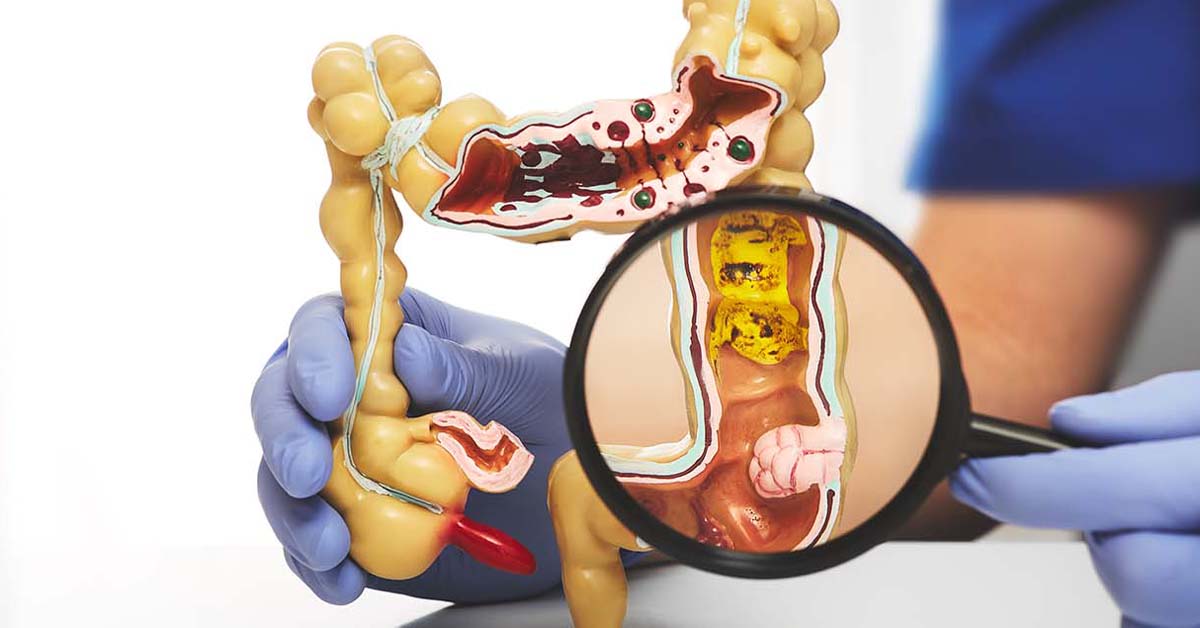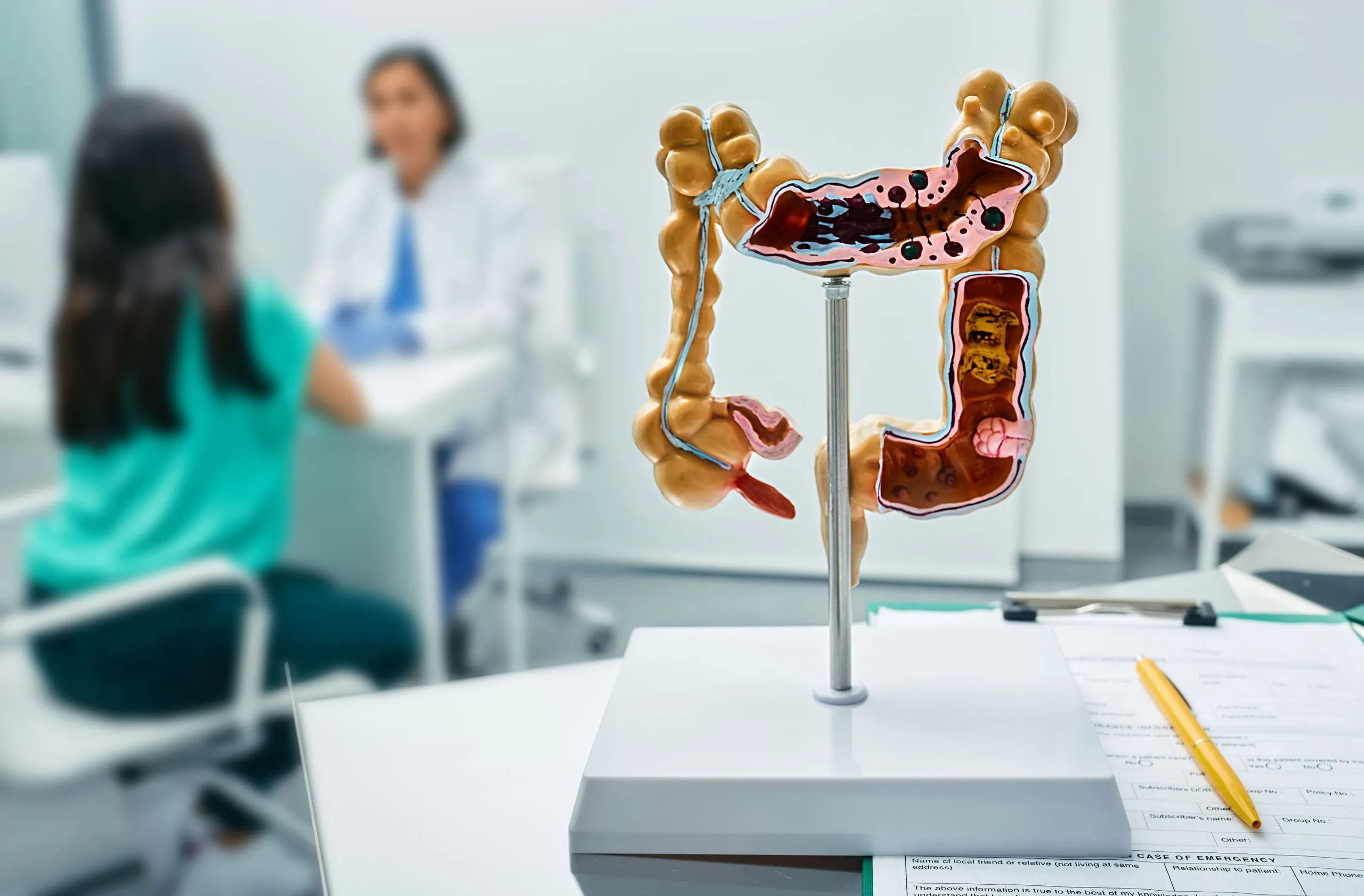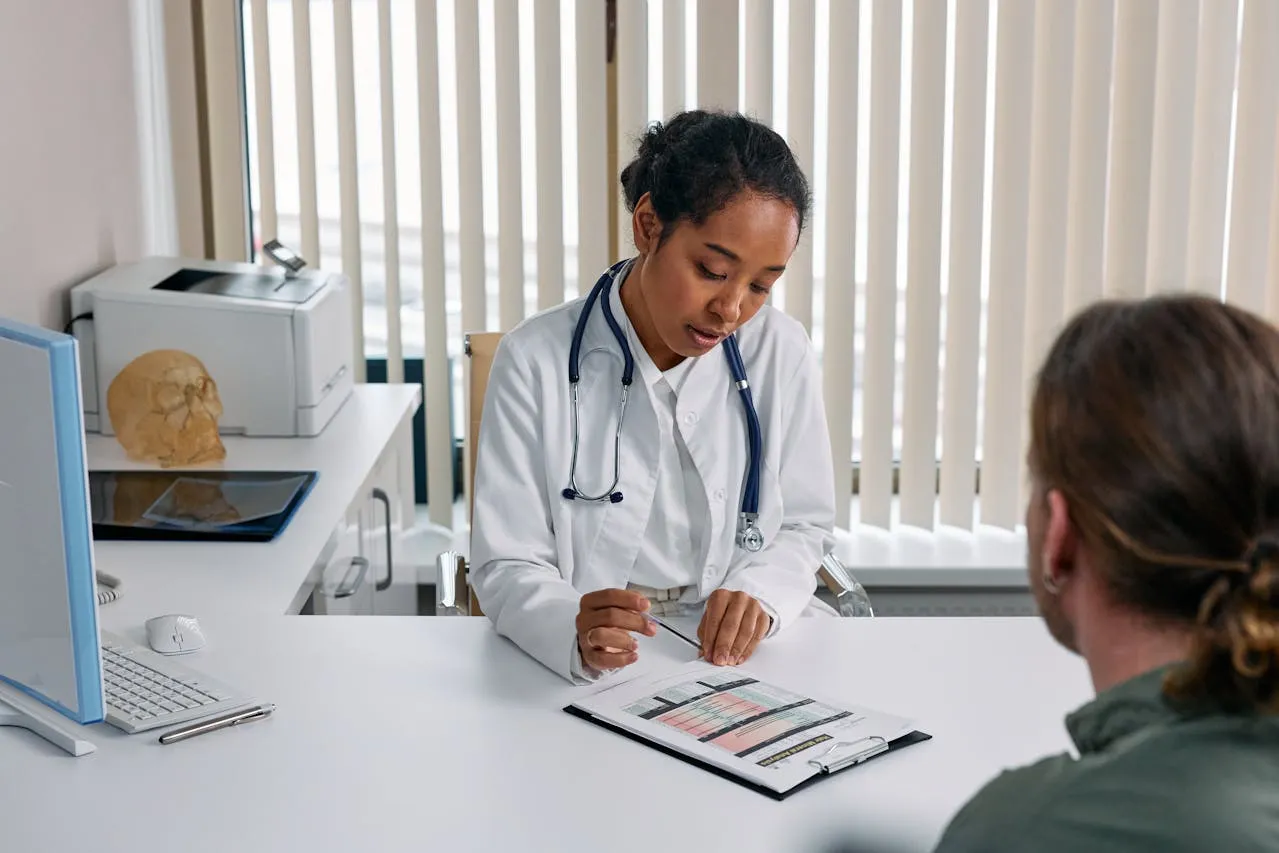In Australia, colorectal cancer is one of the most common cancers diagnosed in both men and women. According to research, approximately 15,542 Australians were diagnosed with colorectal cancer. This disease affects millions of people worldwide, no doubt.
But not to worry, the treatment has improved significantly. There are several effective and timely treatments available, like robotic colorectal surgery, which help patients to combat and overcome several diseases regarding the colon, rectum, and anus.
This treatment stands out as the most effective treatment so far because of reduced recovery time, precision, and better outcomes.
In this blog, we have discussed which conditions doctors can treat with robotic colorectal surgery in Melbourne, its advantages, and how it transforms patient care.
Understanding Robotic Colorectal Surgery
Robotic colorectal surgery is an invasive procedure that uses a robotic system to assist the healthcare specialist to remove cancerous tissues from the rectum and colon. This robotic system is also known as the Da Vinci Surgical System, which comes with a high-definition 3D view and improved dexterity.
This also works in complicated anatomical areas, which makes it an ideal choice for colorectal surgery. Keep in mind that though the doctor does the surgery with robotic hands, the expert must undergo rigors training to understand the physiology and anatomy involved.
Therefore, you should choose the right and experienced surgeon to ensure the success of your treatment and overall quality of life post-surgery.
Common Conditions That are Treated With Colorectal Surgery

There are certain conditions that require robotic colorectal surgery. This surgery helps patients to remove tumours, nearby lymph nodes, and the section of a colon or rectum to prevent the spread of the disease.
Inflammatory Bowel Disease (IBD)
IBD is an umbrella term under which many diseases fall, such as Crohn’s disease and ulcerative colitis. When medications fail to control symptoms, they may remove the affected portion of the colon or rectum.
Diverticulitis
In the lining of the colon, small pouches called diverticula occur and become infected and inflamed. If the case becomes severe, then doctors have to do robotic colorectal surgery to remove the affected areas of the colon.
What are the Types of Colorectal Robotic Surgery in Melbourne, and What to Expect Before, During, and After Undergoing Colorectal Surgery?
Colorectal surgery depends upon customised procedures that depend upon several factors, including location, condition, and the health of patients. Some common types of colorectal surgeries are
- Rectal Resection
- Colectomy
- Colostomy
Undergoing colorectal surgery requires thorough preparation to ensure the best possible outcome. This preparation includes several steps, such as bowel preparation, diagnostic tests, and discussions with the surgeon. Once the preparation is done, the healthcare specialists will give you anaesthesia and will perform the necessary surgery.
After the surgery, the hospital facility will closely monitor your physical condition for days until you become healthy. During the recovery period, they also include wound care, pain management, and physical therapy to improve the healing process.
Following your surgeon’s instructions is crucial for minimising complications and promoting healing. We’ll schedule regular follow-up appointments to monitor your progress and address any concerns, ensuring a successful surgery and smooth recovery.
Who Should Consider Robotic Colorectal Surgery, and Why Should They Choose It?
Keep in mind that not all types of patients are suitable for colorectal surgery. The ideal candidates are
- Early- to intermediate-stage colorectal cancer.
- Tumours in easily accessible areas of the colon or rectum.
- Good overall health, able to tolerate anaesthesia and surgery.
Patients choose this robotic surgery because of several reasons, including
- This process involves several small incisions instead of a big one, which causes less trauma to the body.
- Smaller incisions lead to less postoperative pain for the patient.
- Patients have to stay in the hospital for a shorter time.
- Smaller incisions can also have a reduced risk of wound infections.
Studies suggest that robotic surgery may have a lower chance of needing to switch to traditional open surgery during the procedure compared to laparoscopic surgery, especially in complex cases.
Get in Touch with Us!
Robotic colorectal surgery represents a significant leap forward in treating various conditions affecting the colon and rectum. Its precision, coupled with the benefits of a minimally invasive approach, offers patients in Melbourne and beyond a path to faster recovery, reduced pain, and ultimately, a better quality of life. As technology continues to advance, so too does our ability to provide highly effective and compassionate care for colorectal conditions.













